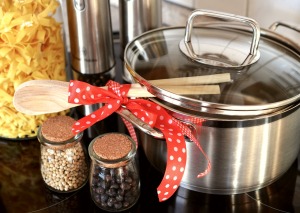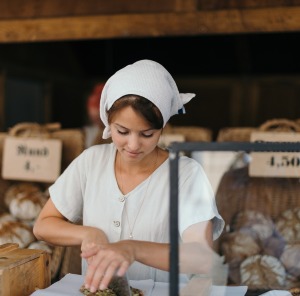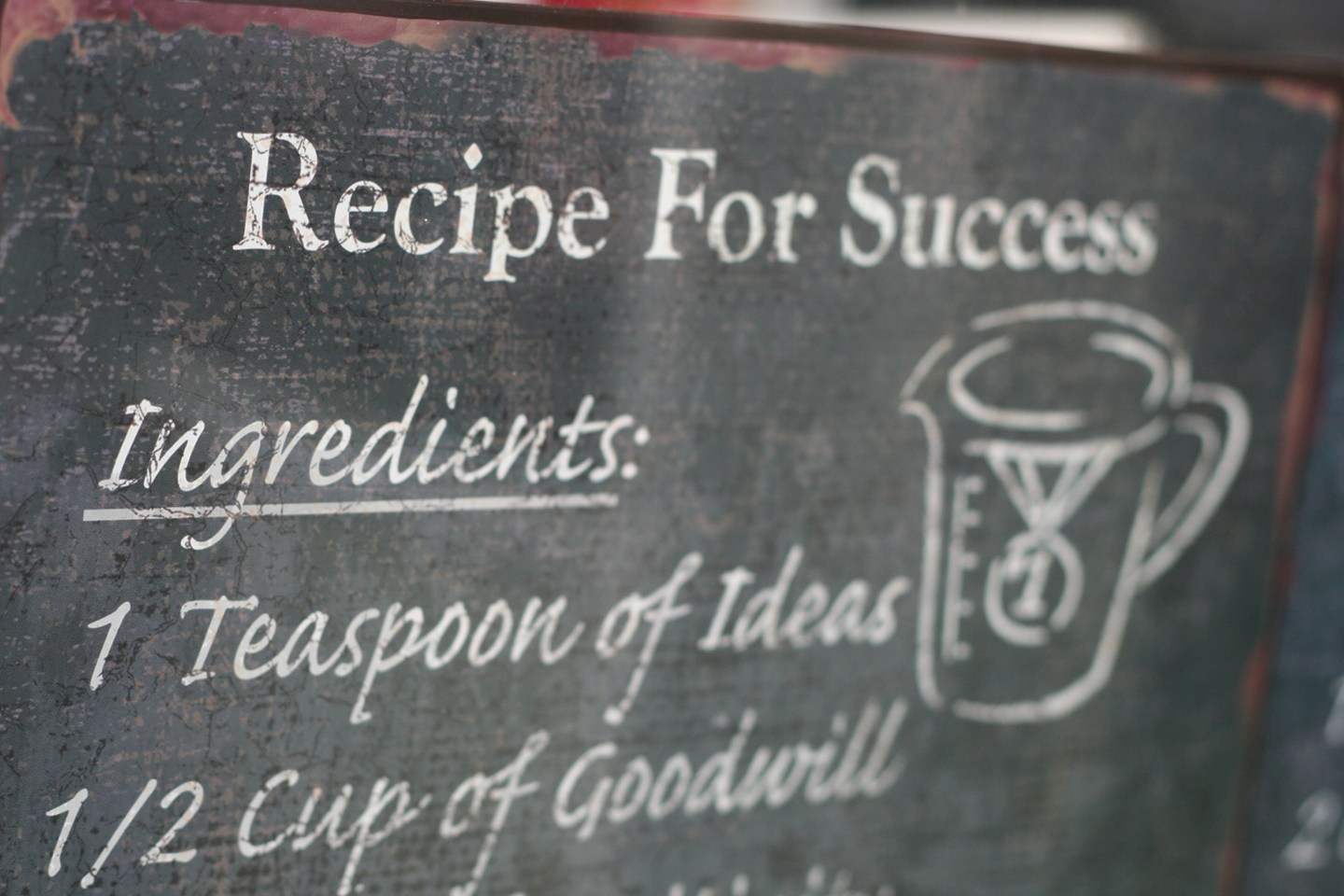 I have heard many metaphors for the PhD process – ‘a dark tunnel’, ‘a lonely path’, ‘skating like an octopus on wheels’ but I had never thought about doing a PhD using culinary terms. In this ‘Reflections’ article, Dr Nadia Anwar shares an interesting take on her PhD journey.
I have heard many metaphors for the PhD process – ‘a dark tunnel’, ‘a lonely path’, ‘skating like an octopus on wheels’ but I had never thought about doing a PhD using culinary terms. In this ‘Reflections’ article, Dr Nadia Anwar shares an interesting take on her PhD journey.
Doing a PhD is like cooking a very complicated but worthwhile dish on a steady and consistent heat. One needs to be extra careful right from the beginning, keeping in mind all the logistic and practical issues involved in creating one’s delicacy. For instance, how much will the whole dish cost? What kind of hob will be good? Which cooking pot will be best to use? A non-stick pan is highly recommended as you need something that can take the heat and not burn too easily. Do you have all the ingredients? What if one of the ingredients is unavailable? Where will you find it, when…, how…? Who will be the people helping you in your preparation and then in the process itself? These and many other questions will be your preliminary guide to a wonderful cooking experience. You do not need to worry about who is going to share the dish with you for there will be many to lick their fingers once it is cooked.
You will need three types of people according to the function they will perform in your cooking process: Dish sponsors (the ones who are financially supporting you – they can either be your family members or external sponsors), tasters (supervisors), and judges (external examiners). Although all these people are somehow mandatory, in this project, a very significant part is played by the tasters. Once you have got all the ingredients, you start putting them in one at a time at the appropriate stages of the cooking process. Check the fire, is it low, medium or high? If it is low, the dish may never get cooked. If it is very high it may burn the whole thing before it is cooked. So use the proper heat it requires. Sometimes, though, you may need to increase or lower the heat in order to evaporate the extra water or otherwise to retain the proper amount of moisture. You must be flexible.
Now, the tough part (yes! it’s still easy until now); start putting the spices into your pan which although are not your main ingredients, have a crucial role to play in the final texture and taste of your dish. Have you got the right measuring spoon and are you using a non-sticking ladle and moving it only when really needed? Good. A difficult situation can sometimes occur when by dint of bad luck or while busy in cherishing an unavoidably inspirational moment you put a particular spice more than it is needed and there is no way you can undo the act. Do not panic, it may be several times that you make this mistake. The only thing you can do is to save as many ingredients as you can, throw the rest in the sink and start over again. It is advised that you keep extra calm in such dire situations as panicking will only aggravate the situation. Your senior fellow researchers can be of some help as they can listen to your kitchen tragedies and relate their horrible failed experiences to empathise with you. Since their noses are very sensitive to smells, they may even tell you if something is burning.
 Be patient with your plans. By this time you may already be performing as a creative and expert cook. Just keep cooking and adding into your dish all those relevant new spices that have recently been introduced in the market. You will soon realise that your dish has attained a particular texture of its own. Let me tell you the most difficult part is to know when it is cooked or how much time it still requires for the final dish to be ready. Do not worry. Your tasters will tell you when to turn the heat off, decorate your dish and serve. Once out there in front of the judges, even they cannot do anything to save the day if you have made a last moment mistake.
Be patient with your plans. By this time you may already be performing as a creative and expert cook. Just keep cooking and adding into your dish all those relevant new spices that have recently been introduced in the market. You will soon realise that your dish has attained a particular texture of its own. Let me tell you the most difficult part is to know when it is cooked or how much time it still requires for the final dish to be ready. Do not worry. Your tasters will tell you when to turn the heat off, decorate your dish and serve. Once out there in front of the judges, even they cannot do anything to save the day if you have made a last moment mistake.
It is time now for the judges to comment. They may reject it altogether, they may make funny faces, they may spit it out or they may ask you to keep cooking it on the same heat for a tad bit longer. If you have really put your energies into making your dish a success and you are lucky then it is highly likely that they find your dish very tasty and start licking their fingers (yes, and even in front of you). I know the whole process is tiring and many a times may test your nerves but be patient. If it is done properly, you will become a master chef!
Nadia Anwar recently completed her PhD in Nigerian drama from The University of Northampton, UK. She is a lecturer in English at the Education Department in Pakistan and visiting faculty member at University of Management and Sciences. Her primary areas of interest are African literature in general and Nigerian theatre and drama in particular.
If you enjoyed reading this article, please share and subscribe to our network! Would you like to share an article in The Hub? We would love to hear from you. Please get in touch – info@aspiringprofessionalshub.com.

…so it is not a ‘lonely path’ after all…nevertheless, the chef takes all the blame or credits.
What an insight – thanks for sharing.
LikeLike
Thanks Tarry. It can feel like a lonely path at some points in the road but you are right, not such a lonely path.
LikeLike